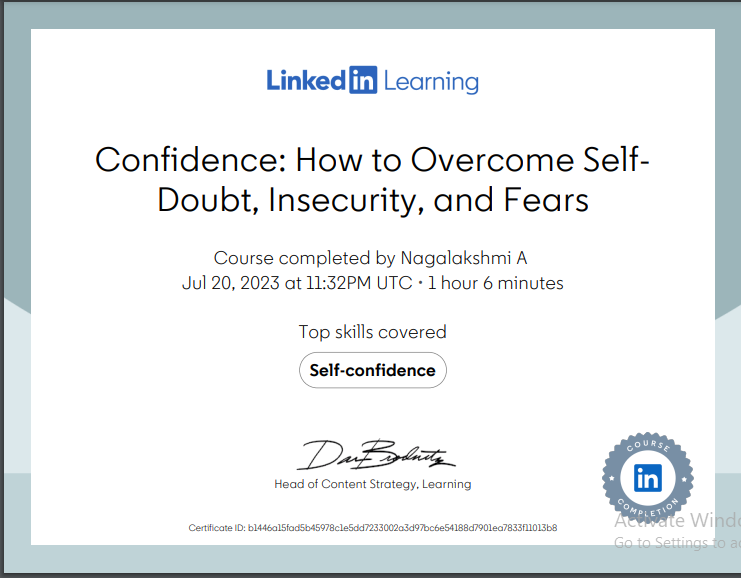
CPD: TO DEVELOP AS A SUCCESSFULL LEADER HAVE TO HAVE SKILLS OF LEADERSHIP



Gibbs’s reflective cycle is a five-step structural process from my own experience (Crowe Associates, 2019).
Description
In my 1st semester, I demonstrated a clear understanding of key concepts in public health and global health topics. I engaged in critical analysis, particularly exploring the implications of globalization on population health and evaluating the roles of global health partnerships, NGOs, and pharmaceutical industries. Additionally, my strengths include an effective analysis of Non-Communicable Diseases (NCDs) and a commendable acknowledgment of the Collaborative Online International Learning (COIL) project.
Feelings
I feel confident in my understanding of public health concepts and have received positive feedback on my analysis of disease conditions and the COIL project, which is encouraging. Leveraging my strengths in critical thinking and practical application, I aim to deepen my knowledge through ongoing learning, especially in emerging areas of public health. I recognize the importance of enhancing interdisciplinary collaboration skills, focusing on data analysis proficiency, and refining communication abilities for diverse audiences.
Evaluation
My strengths lie in a clear understanding of key concepts in public and global health, demonstrated by my proficiency in analyzing the impact of globalization and identifying stakeholder roles. Recognition for a well-executed analysis of Non-Communicable Diseases showcases a solid grasp of disease conditions. Identified weaknesses include the need to enhance the depth of analysis, address reference errors impacting academic integrity, and improve conclusion summarization. Opportunities lie in expanding analysis depth and enhancing collaborative skills through the COIL project. Threats include the risk of incomplete analysis jeopardizing academic standards and persistent referencing challenges affecting overall credibility. Addressing these issues is crucial for a more robust and scholarly approach in future analyses.
Action plan:
To make my analysis more detailed, I’ll take a closer look at important areas to really understand them better. I want to be sure I’m not missing anything important. To get better at referencing, I’ll go over my citations carefully and make sure every statement I make has the right support. For the conclusion, I’ll put extra effort into summarizing the main points clearly to make it stronger. To grow and get better at analyzing and working with others, I’ll actively participate in my classes and join collaborative projects like the COIL initiative. This way, I can learn more hands-on and improve how I work with others. By doing all this, I aim to not just fix my current challenges but also be more prepared for future analyses.
Summary
I demonstrated a strong grasp of public health concepts, particularly in analyzing the impact of globalization and evaluating stakeholder roles. Positive feedback on my analysis of Non-Communicable Diseases (NCDs) and involvement in the COIL project boosted my confidence. However, identified weaknesses include the need for a deeper analysis, addressing reference errors, and improving conclusion summarization. To address these, I plan to delve deeper into key areas, refine referencing skills, and strengthen conclusions. I also aim to enhance collaborative skills through active participation in classes and projects, ensuring a more prepared and scholarly approach in future analyses.